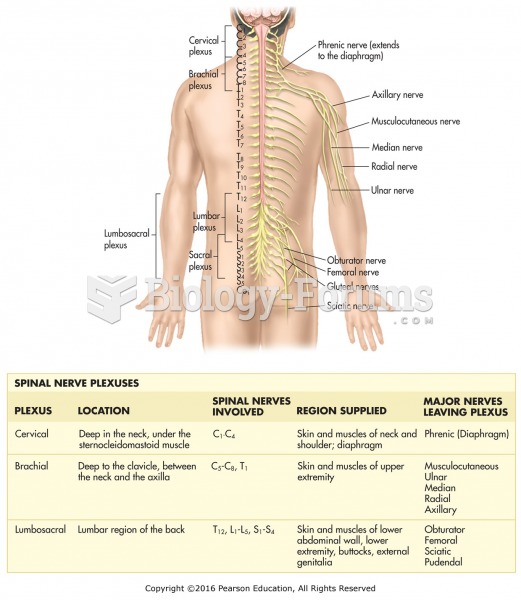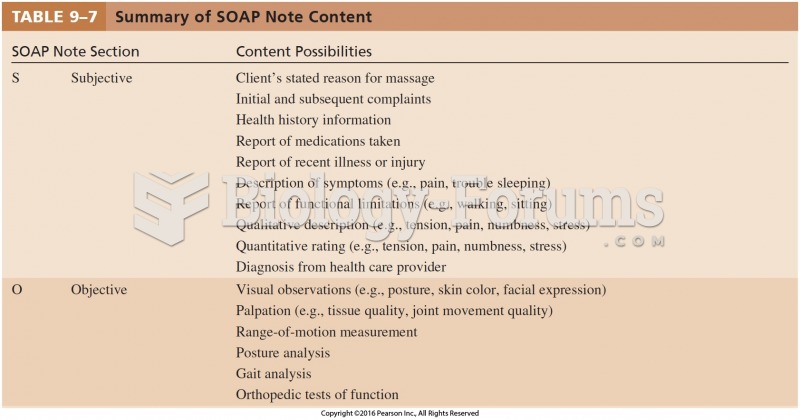This topic contains a solution. Click here to go to the answer
|
|
|
Did you know?
The Centers for Disease Control and Prevention (CDC) was originally known as the Communicable Disease Center, which was formed to fight malaria. It was originally headquartered in Atlanta, Georgia, since the Southern states faced the worst threat from malaria.
Did you know?
Patients who cannot swallow may receive nutrition via a parenteral route—usually, a catheter is inserted through the chest into a large vein going into the heart.
Did you know?
The training of an anesthesiologist typically requires four years of college, 4 years of medical school, 1 year of internship, and 3 years of residency.
Did you know?
About 100 new prescription or over-the-counter drugs come into the U.S. market every year.
Did you know?
Asthma cases in Americans are about 75% higher today than they were in 1980.
 Simple food web of an Arctic island. NOTE: The indication of detritivores and pathogens was not part
Simple food web of an Arctic island. NOTE: The indication of detritivores and pathogens was not part
 Young male Pacific Walruses on Cape Pierce in Alaska. Note the variation in the curvature and orient
Young male Pacific Walruses on Cape Pierce in Alaska. Note the variation in the curvature and orient
 Skull of an Oriental giant squirrel (genus Ratufa) - note the classic sciuromorphous shape of the an
Skull of an Oriental giant squirrel (genus Ratufa) - note the classic sciuromorphous shape of the an




